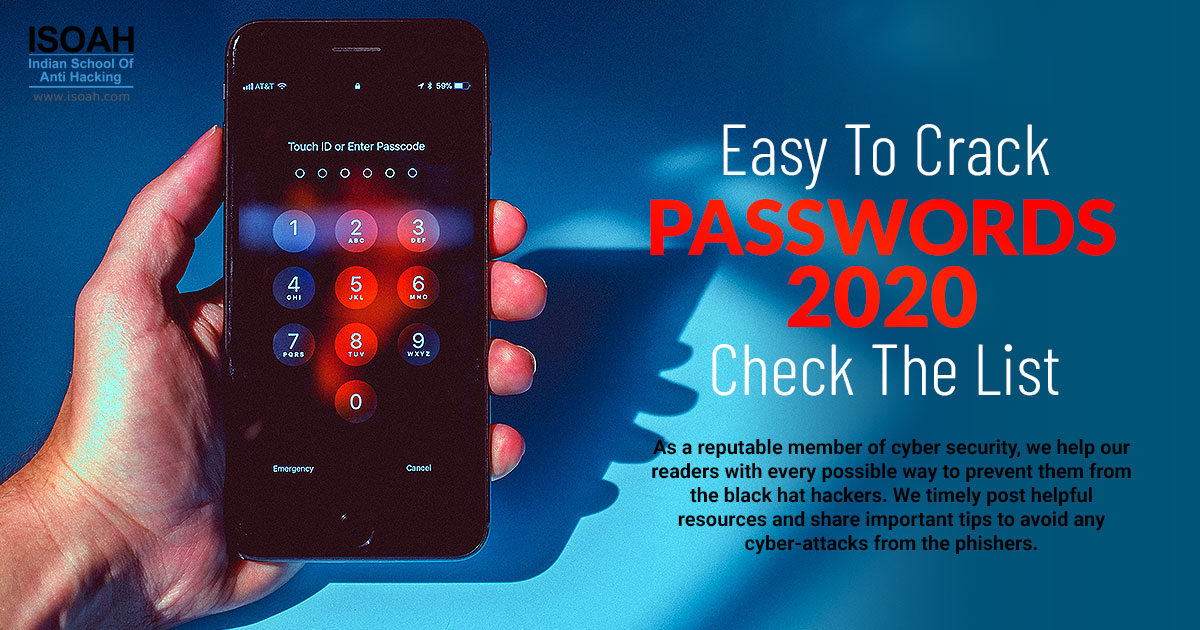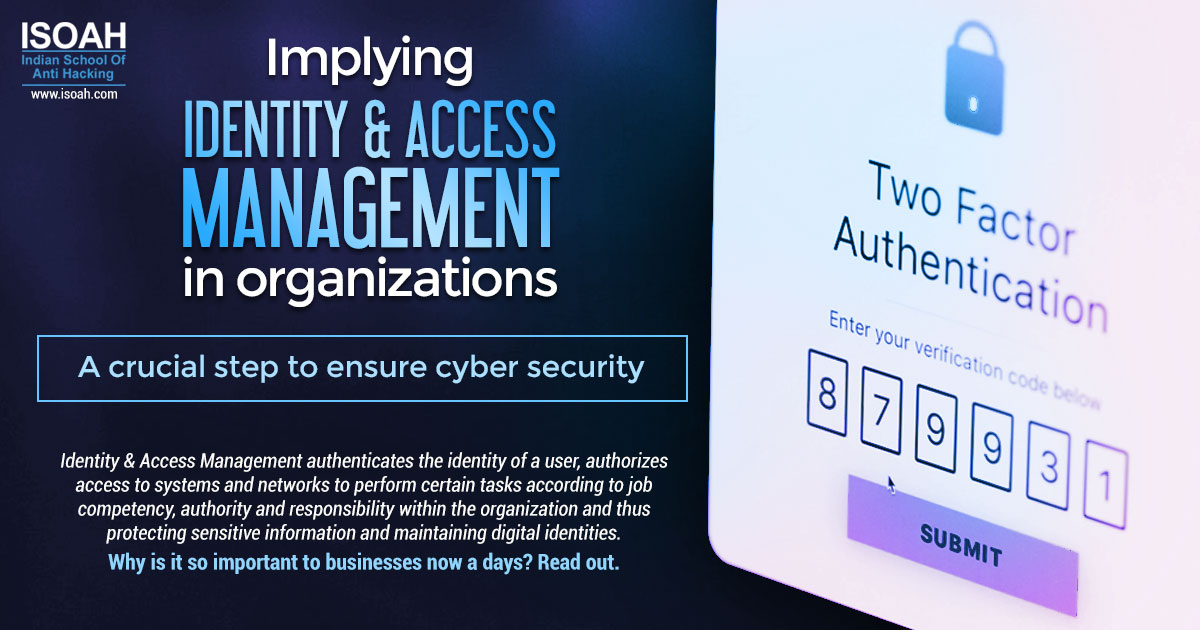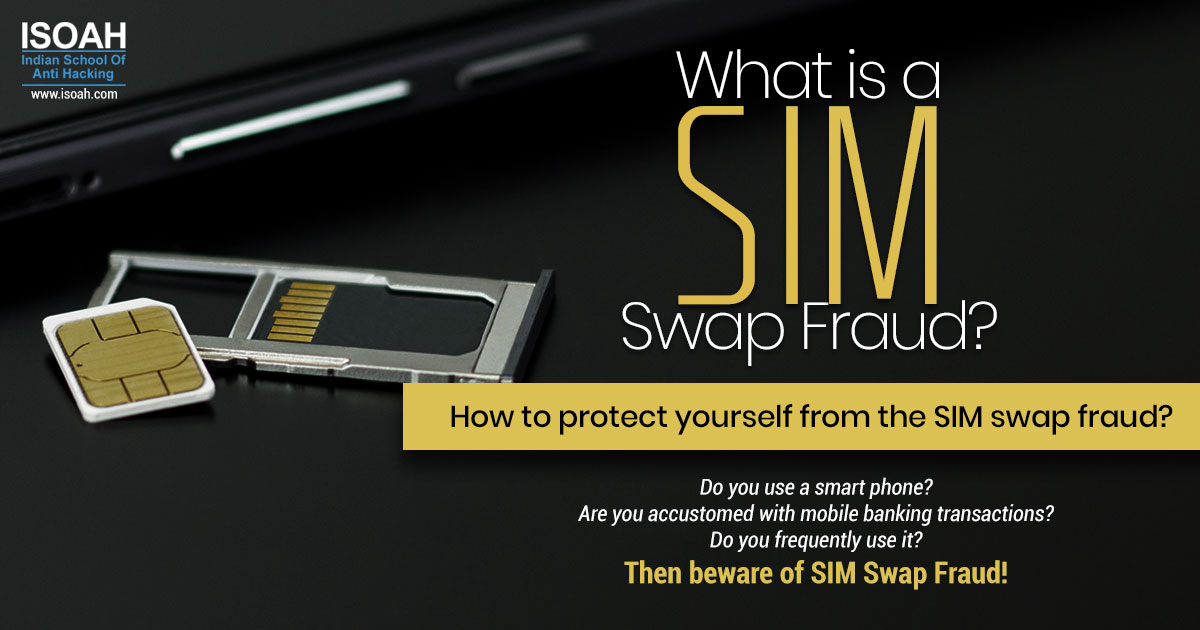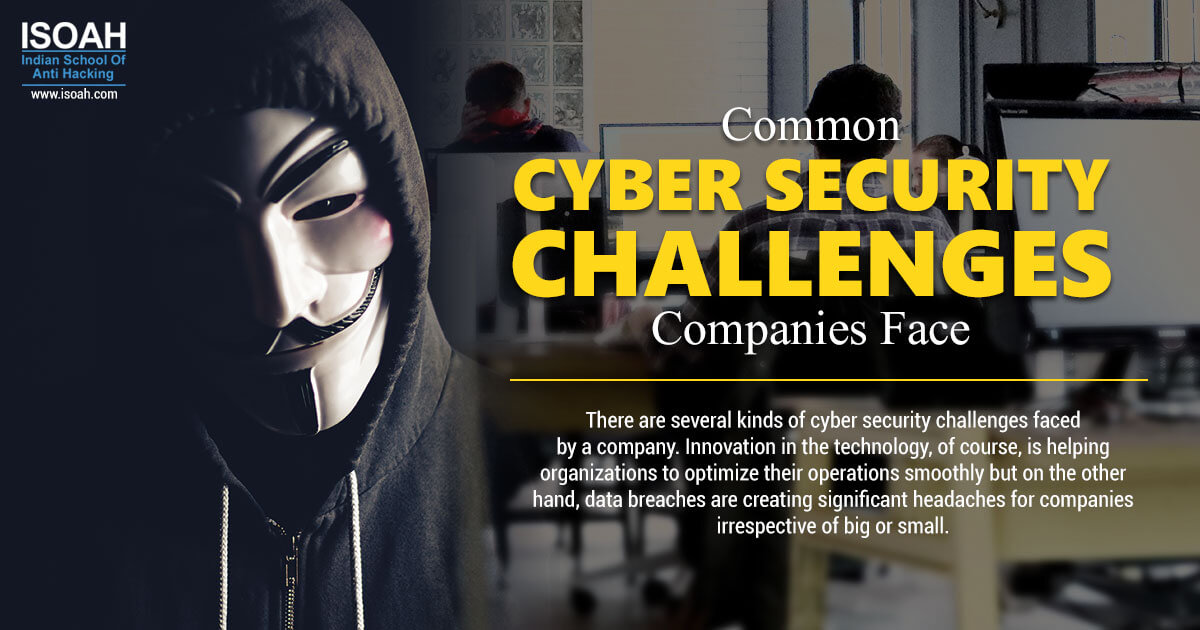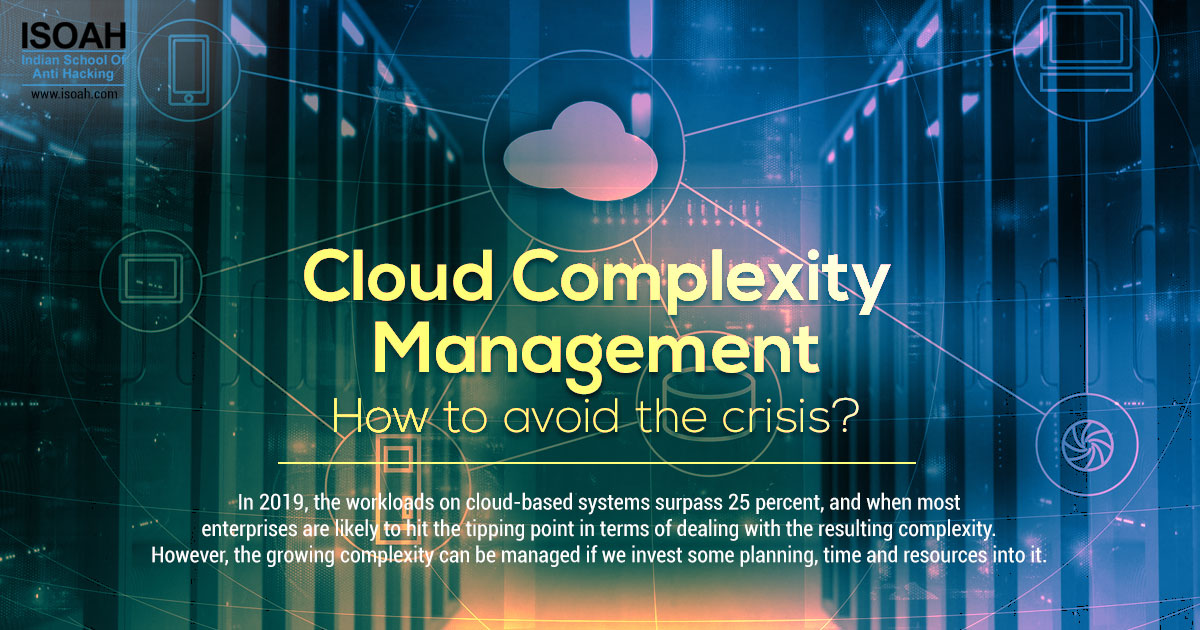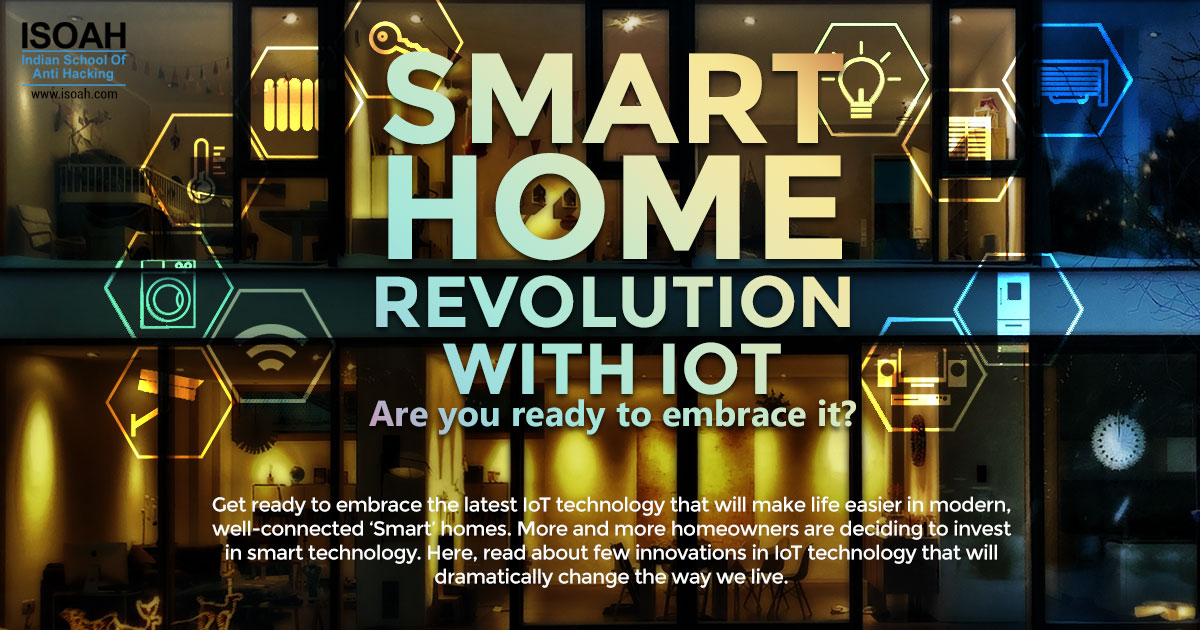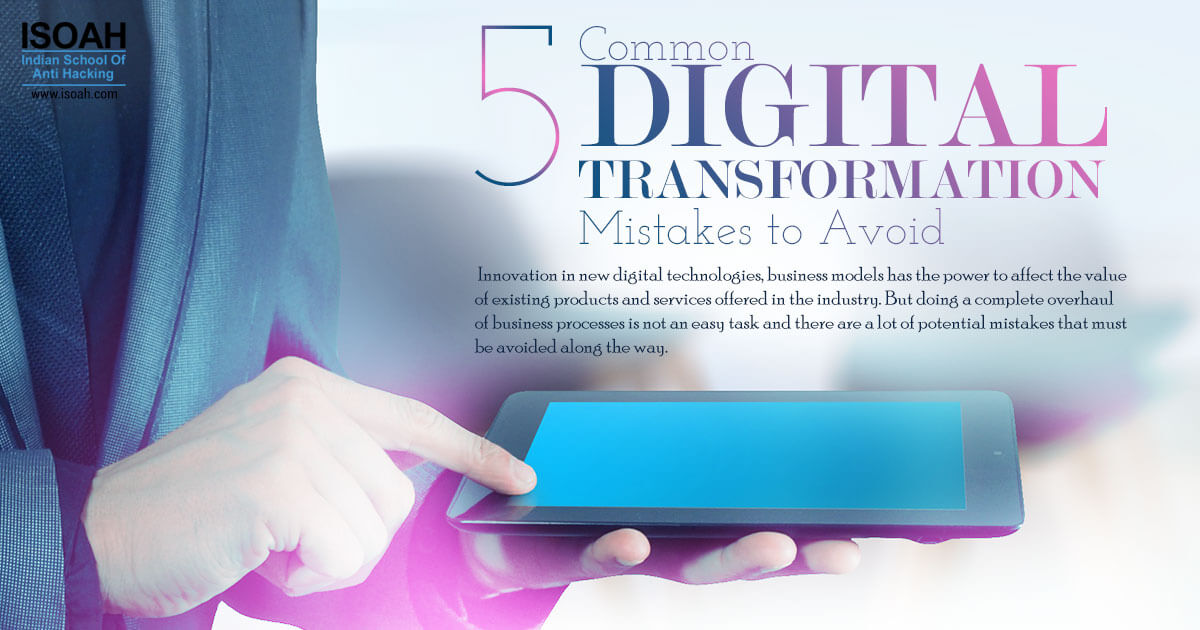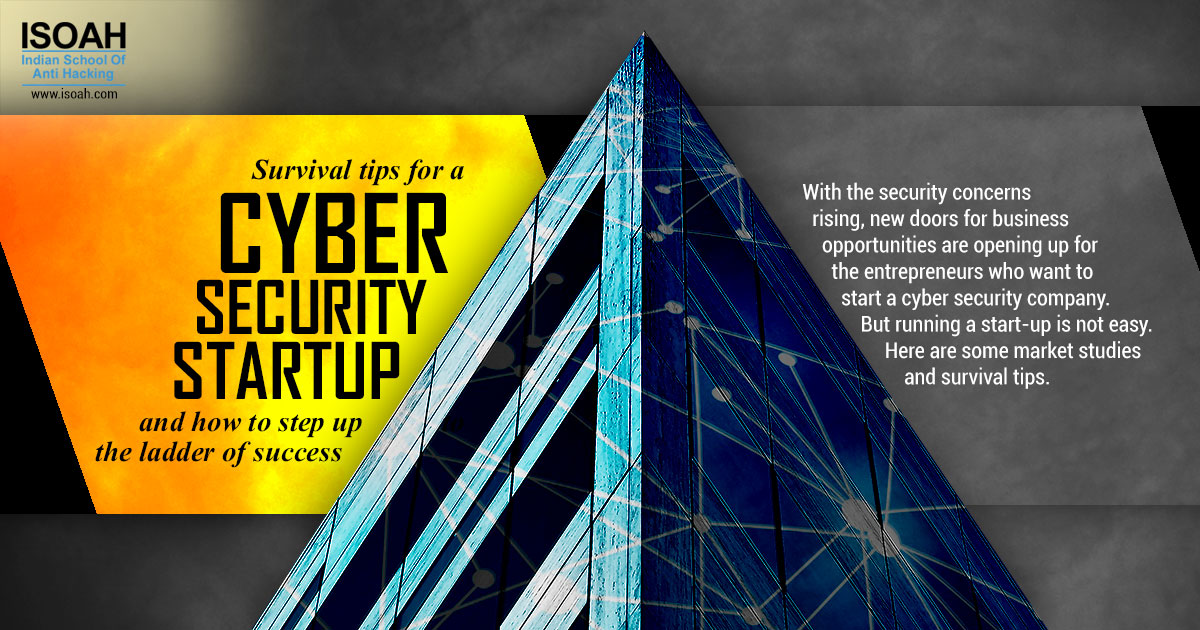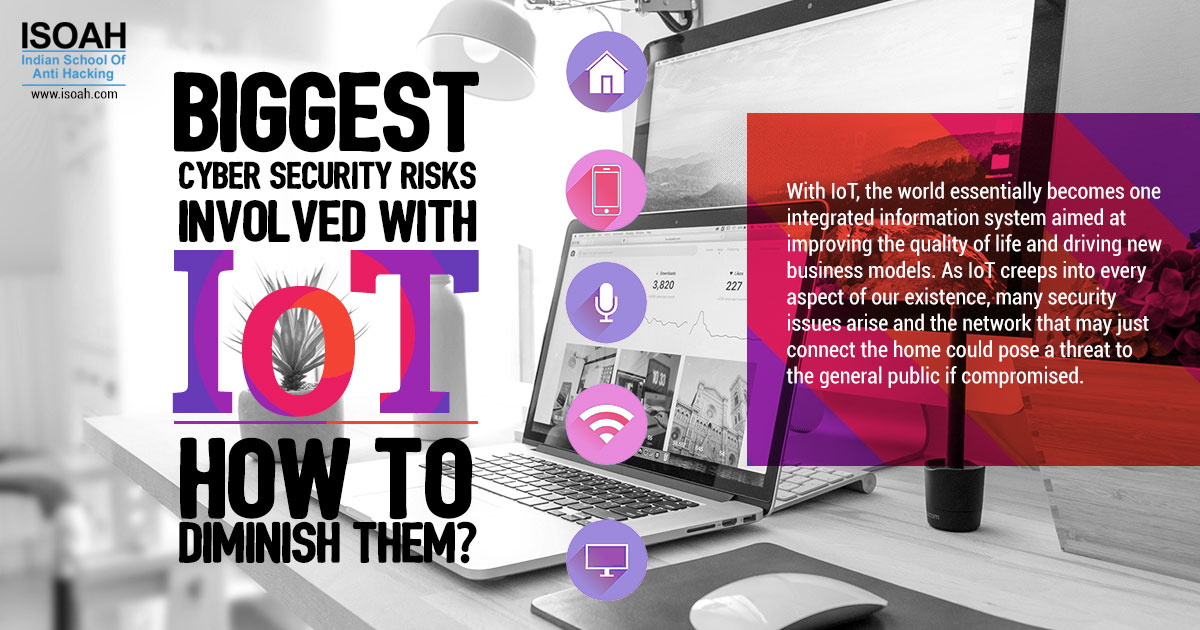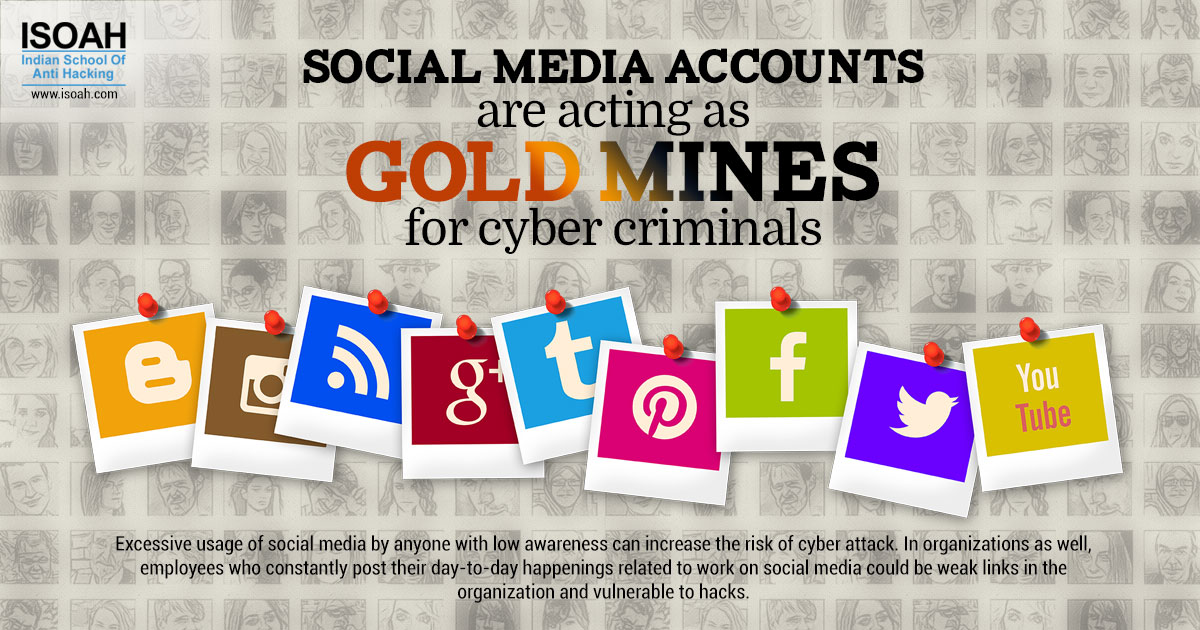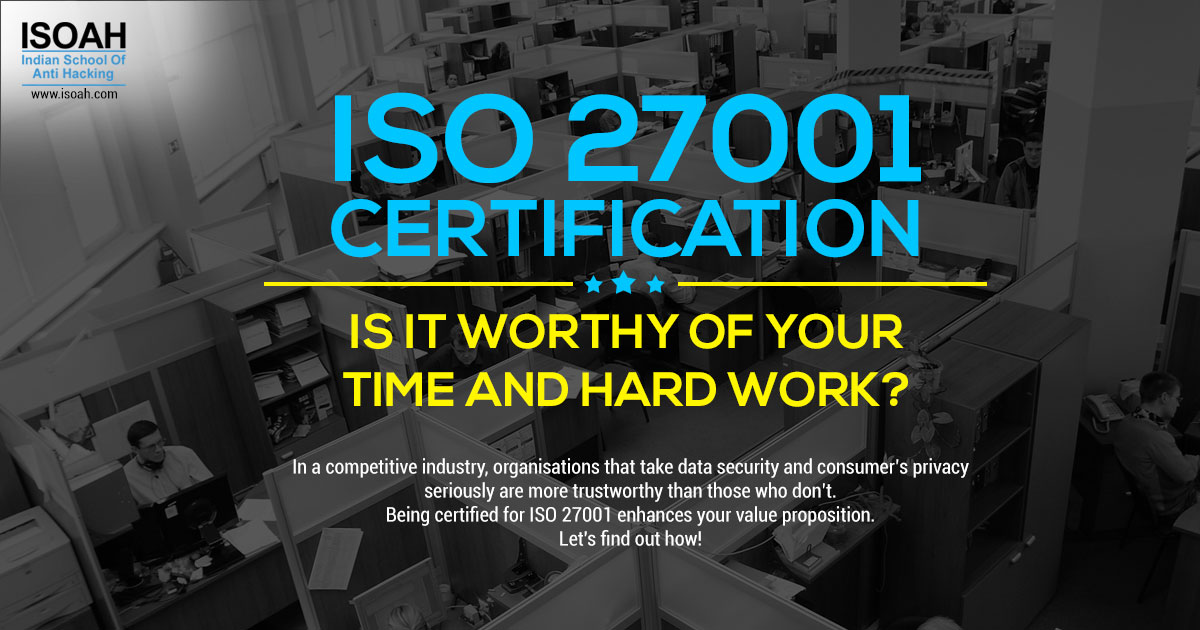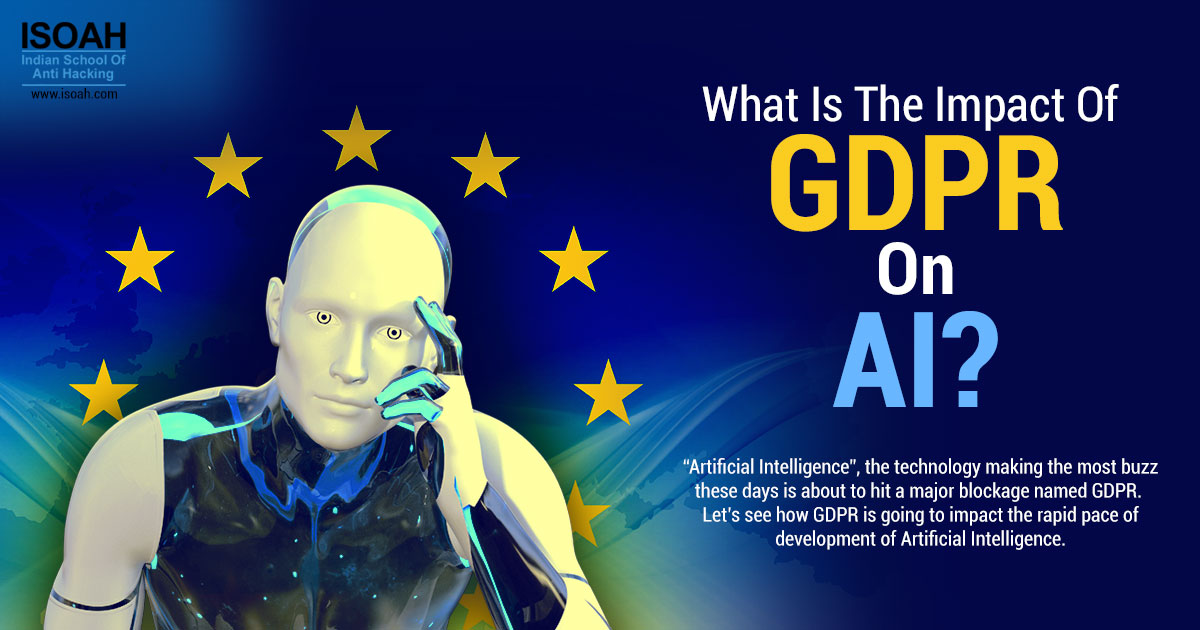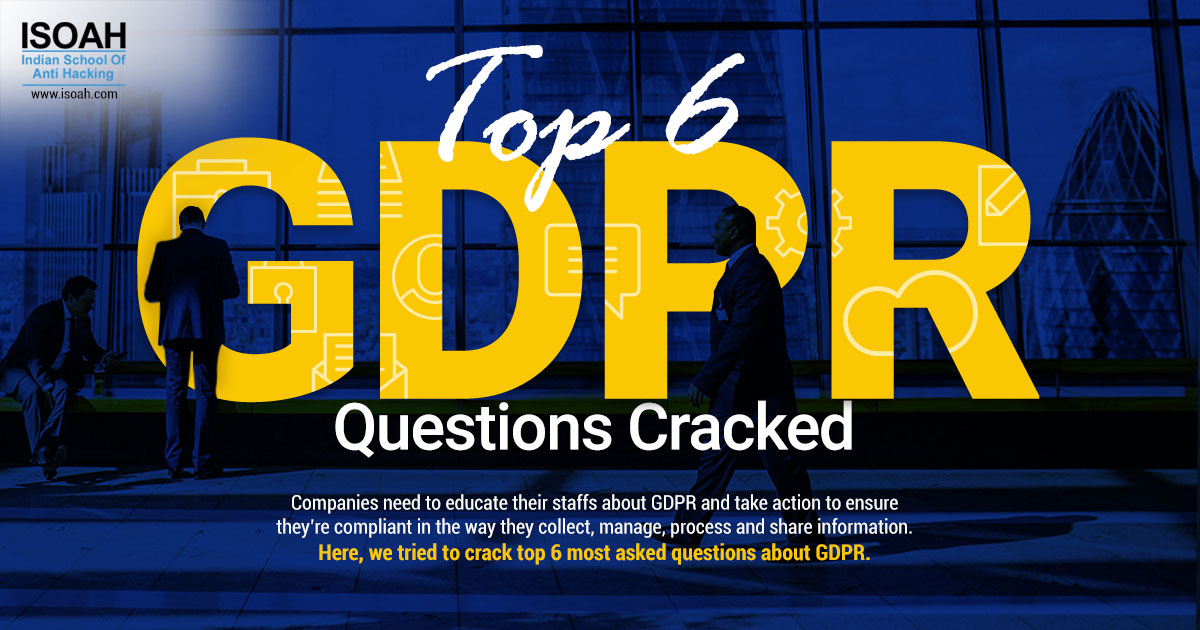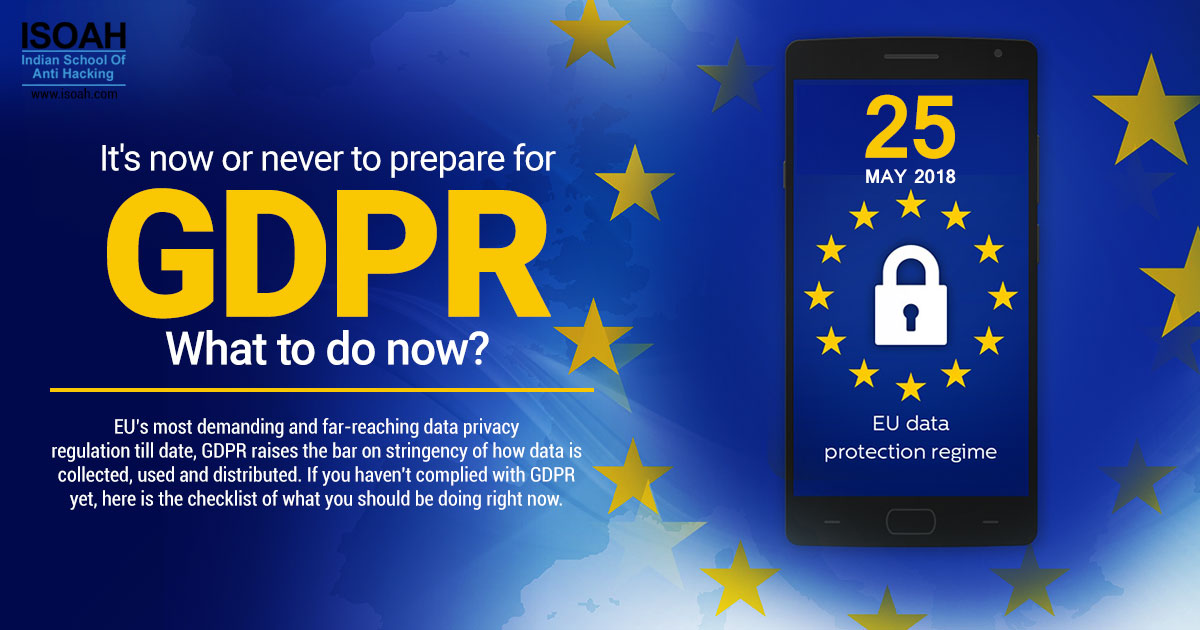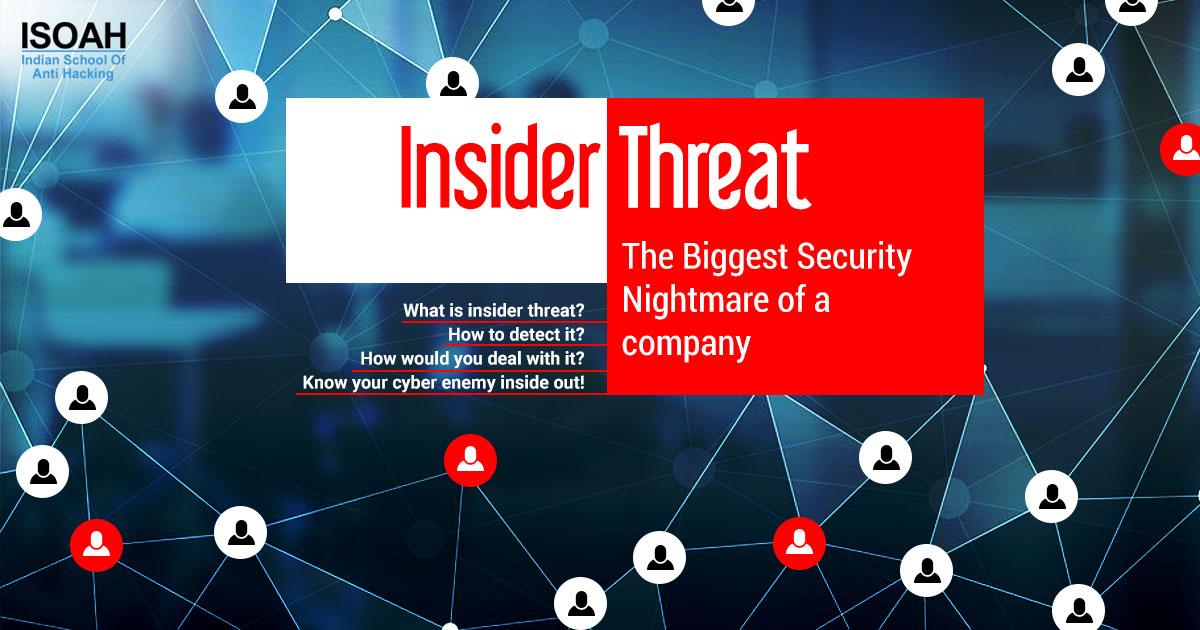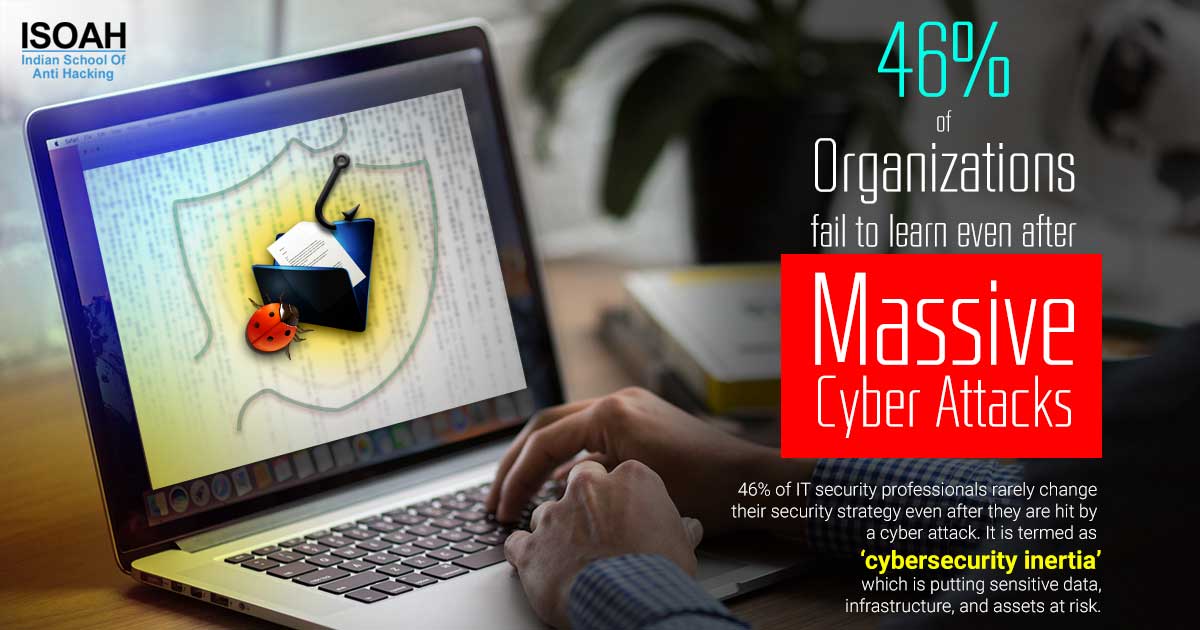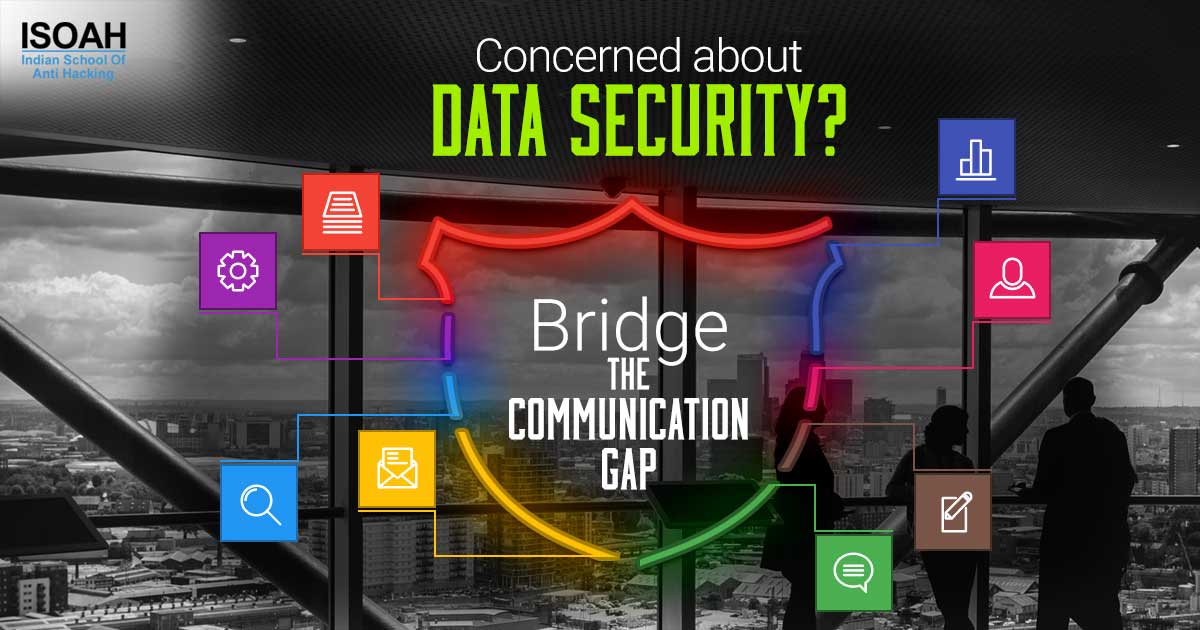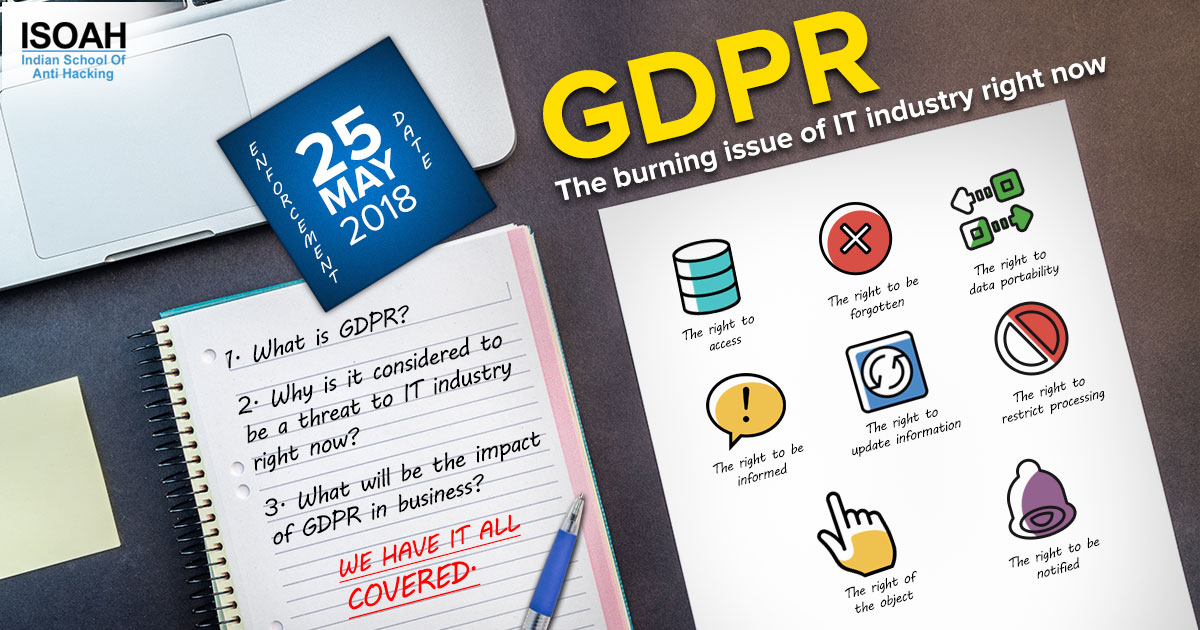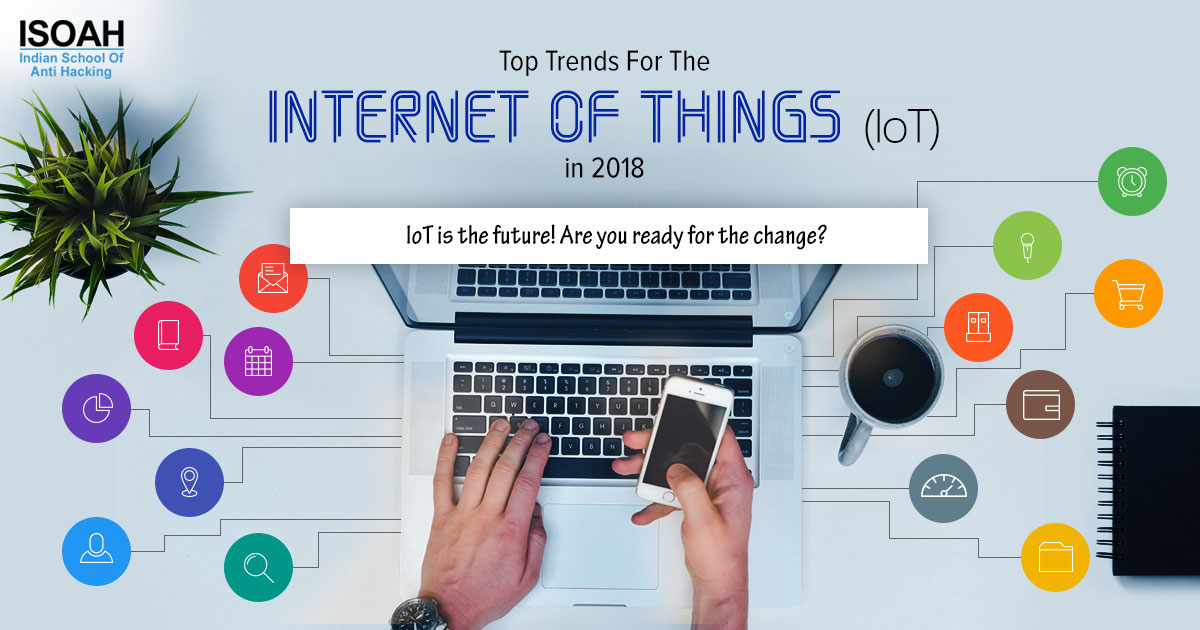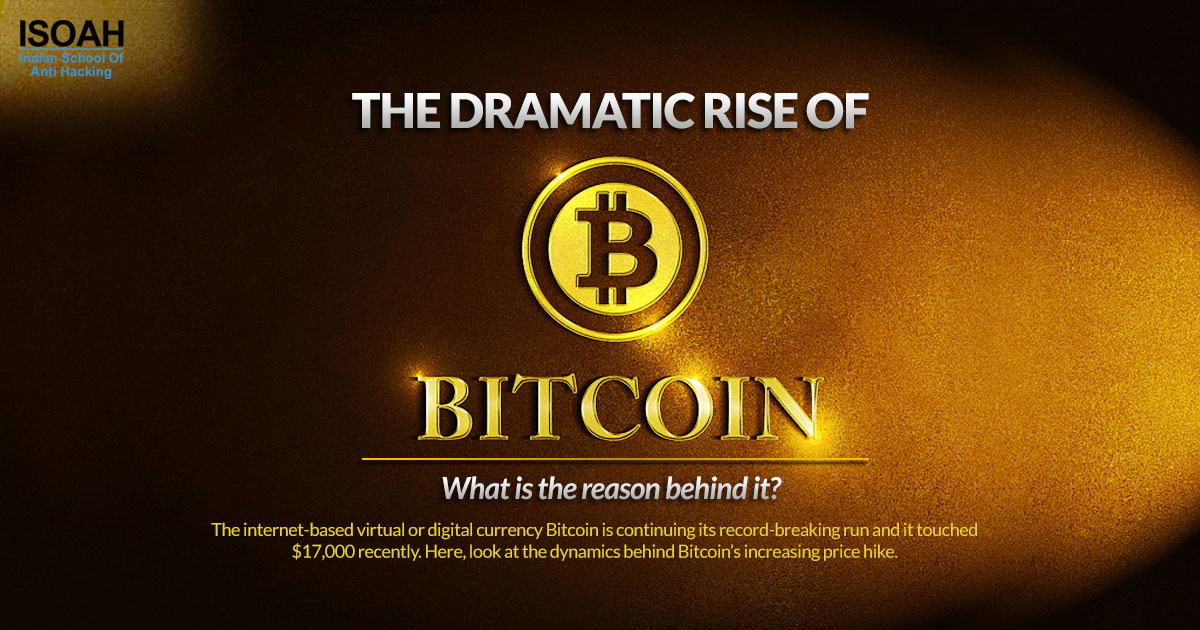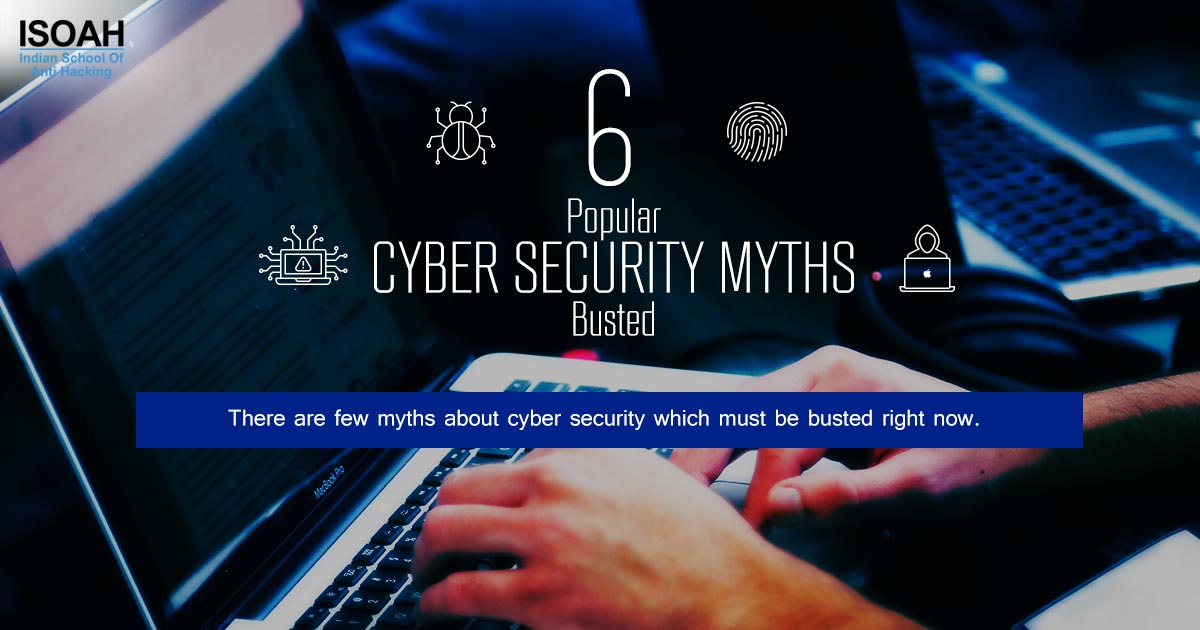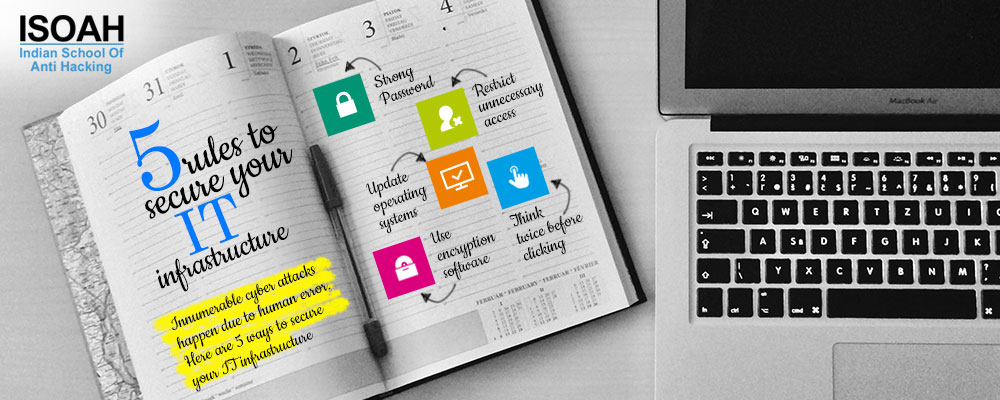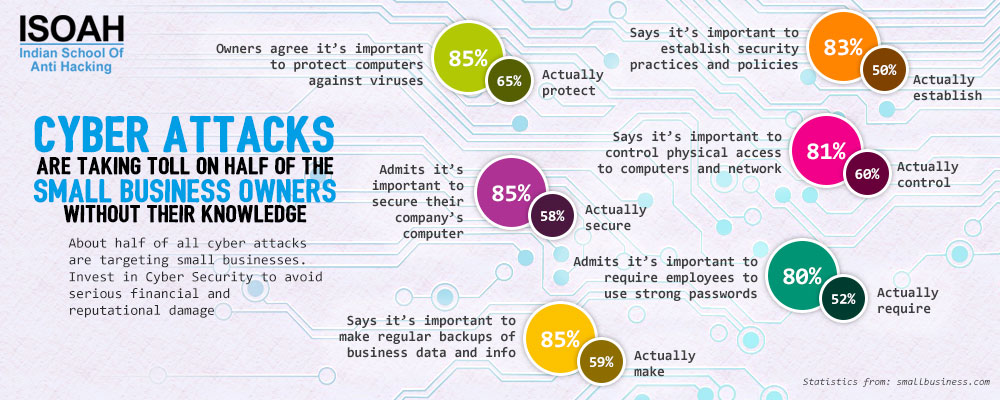Combating Corona with the Help of Information Technology
Article: Coronavirus, Cyber Security
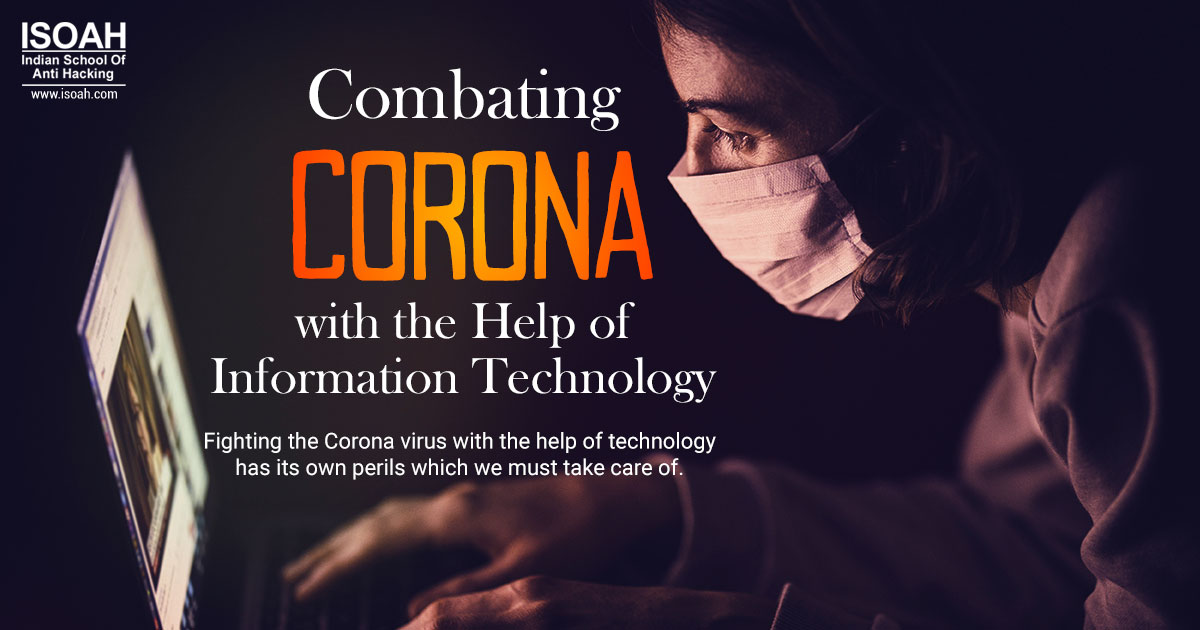
Fighting the Corona virus with the help of technology has its own perils which we must take care of.
The world was going on at its own pace.
Everyone was happy.
When suddenly nature revolted with a life challenging virus.
The Covid-19 or the Corona Virus.
Suddenly everyone was indoor and everything out of control.
With the critical virus not having any antidote in form of medicine or vaccination, it is a challenge indeed to contain it with whatever frugal means as known to us.
One of the quintessential ways to help stop the spread of the virus is technology.
Technology not only takes us places but also comes of use when human beings are caged and quarantined.
Hence governments across the world are taking active help of IT to map, monitor, predict and prevent the progress of the virus medically, socially and geographically. In order to do that the data bank is like a wealth of information which is actively being used in form of Information Technology. It can be effectively used to anthropological reasons, for understanding people's behaviour, their whereabouts and future human trends, all of which are important to come to a decision regarding the malady.
In the present situation data is being collected or being proposed to be collected through several mechanisms for example from smartphones either individually or altogether.
Customised apps are being developed to enable effective medical communication for better social distancing and timely medical help.
Mobile phone companies are rooting for subscribers' geo tracking data allowing the monitoring of infection predictions based on actual phone subscribers' movements.
Popular social media apps are also tracking location, unless the member has selected not to share location data, to know if social distancing is being followed.
Hence the question that arises is that of violation of privacy.
However in these testing times when human existence is at risk, each country in the world is innovating individual resources through data science for combating Corona and its deadly and devastating figures in each own way.
When it all in started in China, the administration asked for personal information so that device tracking could be linked to individuals. Taiwan used phone tracking to enforce self-quarantine, citing an example of automated text messages being sent when a quarantine-mandated individual left a geofenced perimeter.
Singapore's ministry of health went a step ahead and made victims' personal information public which allowed developers to create maps and show locations, raising alert for the concerned. An app called Trace Together that identifies, using Bluetooth, if you have been in close proximity to a coronavirus patient has also been released.
In Germany, UK, Austria, Belgium, Italy and South Korea, mobile operators have been sharing aggregated or anonymized location data with health authorities.
In South Korea data is also shared by credit-card companies.
The European countries, where personal data is protected by the General Data Protection Regulation, are using an option to suspend the data regulation for a more serious reason. Article 9 of the GDPR allows for the modification of the same in case of dire situations like cross border health threats.
Similar ways are being developed in Israel to monitor human movement using mobile phones.
Italy, one of the worst affected countries has lifted the legal limitations of personal data usage to save the situation.
3But there are exceptions even during emergencies.
For example the GDPR also states that when in rest and in transit data must be end to end encrypted, a rule which is being followed even now.
Hong Kong tracked new arrivals to the area by wrist bands that log and transmit location data to authorities maintaining the privacy of the individual's phone.
The Polish authorities are requiring a quarantined individual to have an app released by the Ministry of Digital Affairs and for them to send a selfie with geo-metadata regularly.
Russia and China are using facial recognition technology through CCTV, drones and other camera-based systems to enforce quarantine rules for the infected.
In the UK a group called "responsible technologists" has initiated a disclosure of the UK government's plans to collect personal data through an app being modelled to fight the virus.
Life challenges us off and on when our fond rules and regulations have to be bent. But there waits another challenge to ensure that exceptions do not rule over us. In other word after the Corona crisis is over it will the combined responsibility of the government, tech corporate, medical boards and citizens of the world to restore the personal footage before it is misused by the threat actors.
ISOAH is the organization which keeps your system safe from hacking with its anti hacking audits.
Read on for more cyber security stories on Corona virus: https://www.isoeh.com/exclusive-blog-details-Hackers-Are-Taking-Corona-Camouflage-to-Hit-Targets-across-the-World.html
